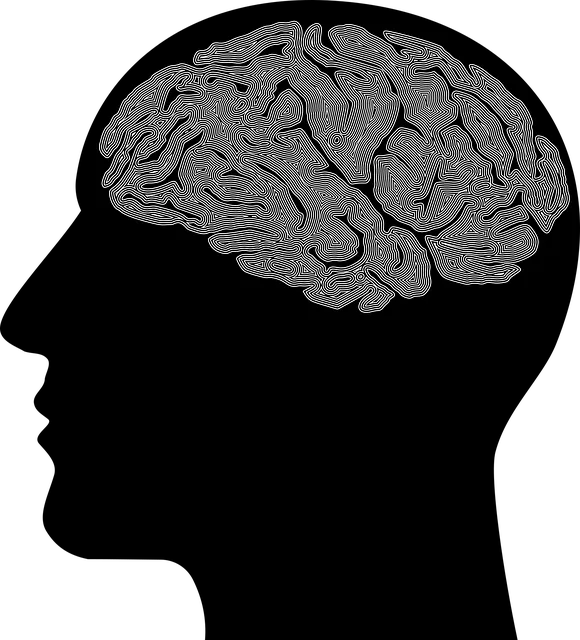Lone Tree Kaiser Permanente psychiatry focuses on tailored community outreach for diverse mental health needs, targeting adolescents and young adults with programs like Mental Wellness Journaling and stress reduction workshops. By leveraging data and stakeholder feedback, they adapt initiatives to emerging trends, ensuring effective long-term programs such as Burnout Prevention Strategies and Mindfulness Meditation. Their holistic approach positions them as a leader in accessible and impactful mental health services within the community.
Community outreach programs play a pivotal role in addressing mental health disparities, especially in areas like Lone Tree, Colorado. This article explores the successful implementation of such initiatives at Lone Tree Kaiser Permanente Psychiatry. We delve into understanding local needs by identifying target demographics and barriers to care. Subsequently, we discuss designing engaging programs that effectively reach the community and offer strategies for continuous improvement based on evaluation data. By highlighting these steps, the article provides valuable insights for healthcare organizations aiming to enhance mental health outreach.
- Understanding Community Needs: Identifying Target Demographics and Mental Health Barriers in Lone Tree
- Designing Engaging Programs: Strategies for Effective Psychiatry Outreach at Kaiser Permanente Lone Tree
- Implementation and Evaluation: Measuring Impact and Fostering Continuous Improvement
Understanding Community Needs: Identifying Target Demographics and Mental Health Barriers in Lone Tree

Understanding Community Needs is a vital step in implementing successful outreach programs, especially when tailoring services to specific demographics like those within Lone Tree. With a population spanning diverse backgrounds and ages, identifying target groups requires a nuanced approach. For instance, Lone Tree’s Kaiser Permanente psychiatry services might focus on adolescents and young adults who face unique mental health challenges, such as those related to academic pressures and transitional life events.
By recognizing these barriers, programs can incorporate initiatives like Mental Wellness Journaling Exercise Guidance and Self-Awareness Exercises tailored to this demographic. Additionally, promoting Coping Skills Development through community workshops and support groups can empower residents to navigate stress and adversity. This targeted approach ensures that services resonate with the unique needs of Lone Tree’s citizens, fostering a more inclusive and supportive environment for mental health awareness and care.
Designing Engaging Programs: Strategies for Effective Psychiatry Outreach at Kaiser Permanente Lone Tree

At Kaiser Permanente Lone Tree, designing engaging community outreach programs for psychiatry involves a strategic approach to connect with individuals and families in need of mental health support. One effective strategy is incorporating interactive workshops that focus on stress reduction methods. These sessions can be tailored to diverse audiences, providing practical tools for managing daily stressors. For instance, Mental Wellness Journaling Exercises have proven popular, encouraging participants to reflect on their emotions and experiences while offering guidance on coping mechanisms.
By integrating such activities into outreach initiatives, the team at Lone Tree Kaiser Permanente aims to foster open conversations about mental wellness. This approach not only helps in promoting early intervention but also empowers community members with self-care techniques. Additionally, it creates a safe space for individuals to seek support and learn about available psychiatric services within the organization, ensuring better access to care for those facing mental health challenges.
Implementation and Evaluation: Measuring Impact and Fostering Continuous Improvement

Implementing community outreach programs requires a strategic approach to ensure their effectiveness and long-term success. At Lone Tree Kaiser Permanente psychiatry, we understand that evaluating these initiatives is crucial for measuring impact and fostering continuous improvement. This involves setting clear objectives aligned with the program’s goals, utilizing data analytics to track progress, and collecting feedback from participants and stakeholders.
Regular assessment allows us to adapt programs based on emerging trends and needs within our community. By integrating Burnout Prevention Strategies for Healthcare Providers, promoting Mindfulness Meditation practices, and raising Mental Health Awareness, we create a supportive environment that not only addresses immediate concerns but also fosters resilience and well-being. This holistic evaluation approach ensures that Lone Tree Kaiser Permanente remains at the forefront of providing accessible and impactful mental health services to our community.
Community outreach programs play a vital role in addressing mental health barriers, especially in areas like Lone Tree where specific demographics may face unique challenges. By implementing engaging strategies at Lone Tree Kaiser Permanente, such initiatives can significantly impact accessibility and care. Continuous evaluation ensures these programs remain effective, fostering a healthier community with improved psychiatric resources tailored to local needs.






